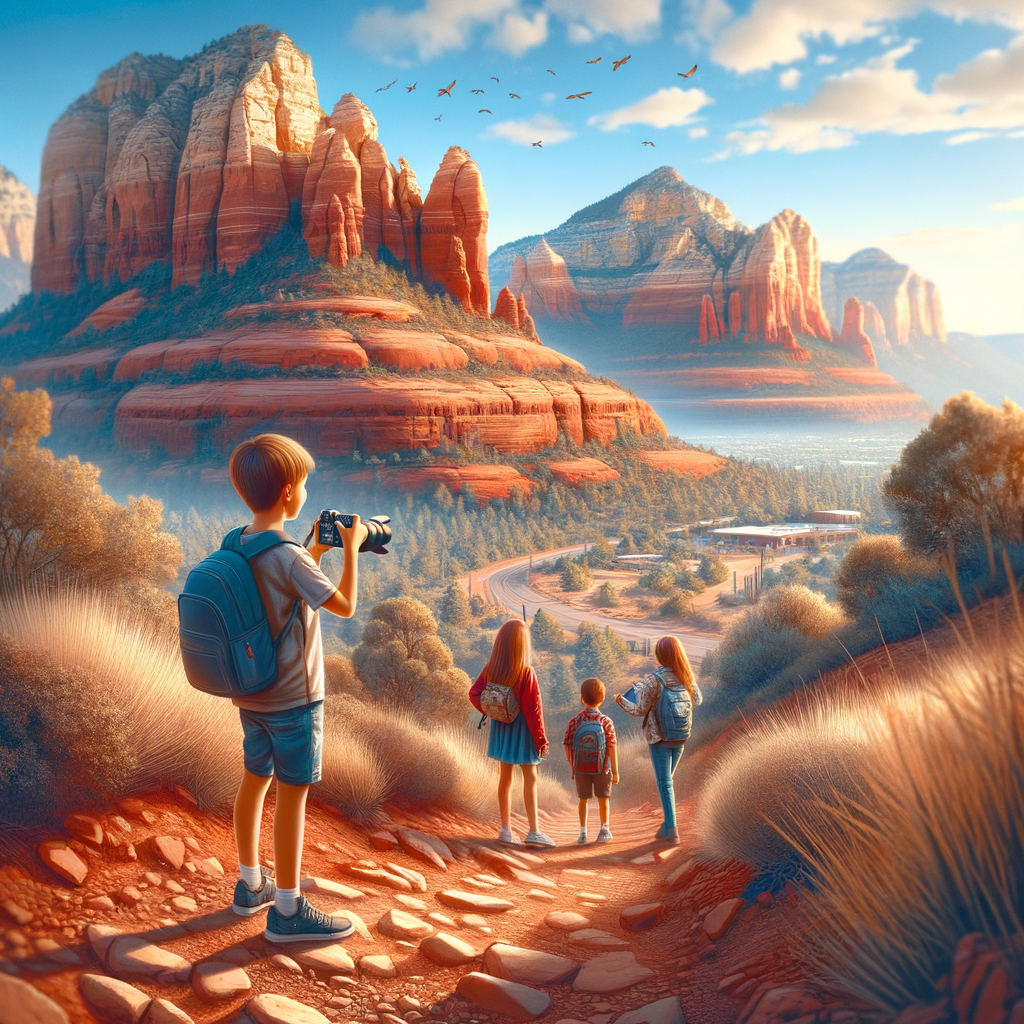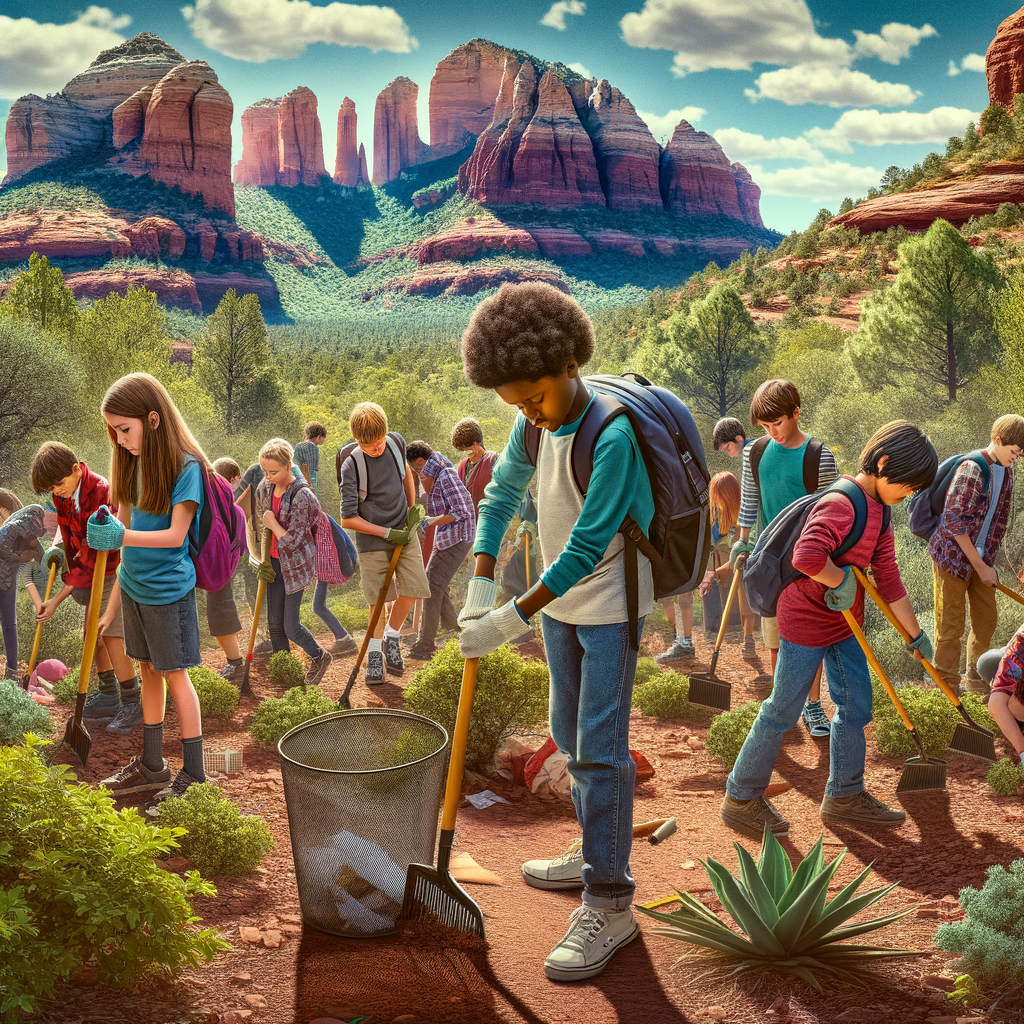Capturing the Beauty of Nature: Tips for Nature Photography
**Nature Photography: Capturing the Beauty of Landscapes and Wildlife**
*Introduction*
Nature photography is a beautiful art form that allows us to capture the stunning landscapes and diverse wildlife found in our natural world. Whether you are a beginner or an experienced photographer, there is something truly magical about being able to freeze a moment in time with your camera. In this article, we will dive into the world of nature photography, exploring tips, techniques, and equipment needed to capture the beauty all around us.
**The Beauty of Nature Photography**
*Connecting with Nature*
One of the most rewarding aspects of nature photography is the opportunity to connect with the natural world around us. As you step outside with your camera in hand, you will find yourself more attuned to the sights and sounds of nature. Whether you are capturing a sunrise over a tranquil lake or a deer grazing in a meadow, nature photography allows you to immerse yourself in the beauty of the world.
*Capturing the Unseen*
Nature photography gives us the chance to capture moments that may go unnoticed by the naked eye. From the intricate details of a flower petal to the swift flight of a bird, a camera lens can reveal the unseen wonders of nature. By honing your skills as a nature photographer, you can learn to capture these fleeting moments in time, preserving them for generations to come.
**Tips for Nature Photography**
*Lighting and Composition*
One of the key elements of a successful nature photograph is lighting. The quality of light can dramatically impact the mood and atmosphere of your image. Experiment with different times of day to capture the soft glow of sunrise or the golden hues of sunset. Additionally, pay attention to composition, framing your subject in a way that draws the viewer’s eye and creates visual interest.
*Patience and Persistence*
Nature photography requires a great deal of patience and persistence. Wildlife can be unpredictable, and capturing the perfect shot may take time. Be prepared to wait quietly for hours or return to a location multiple times to get the shot you envision. Remember, the more effort you put into your photography, the more rewarding the results will be.
**Equipment for Nature Photography**
*Camera and Lenses*
When it comes to equipment for nature photography, having the right camera and lenses is crucial. A DSLR or mirrorless camera with interchangeable lenses will give you the versatility needed to capture a wide range of subjects. For landscape photography, a wide-angle lens can help you capture sweeping vistas, while a telephoto lens is essential for wildlife photography.
*Tripod and Filters*
In addition to a camera and lenses, a sturdy tripod is essential for nature photography. A tripod will help you stabilize your camera for long exposure shots or when using a telephoto lens. Consider investing in filters, such as polarizers or ND filters, to enhance your images and reduce glare or reflections.
**Editing and Post-Processing**
*Software and Techniques*
After capturing your nature photographs, the editing and post-processing stage is where you can truly bring your images to life. Use editing software, such as Adobe Lightroom or Photoshop, to adjust exposure, contrast, and colors. Experiment with different techniques, such as HDR (High Dynamic Range) or panorama stitching, to create unique and striking images.
*Preserving the Integrity of Nature*
While editing can enhance the beauty of your nature photographs, it is essential to preserve the integrity of the natural world. Avoid excessive editing or manipulation that alters the true essence of your subjects. Use editing techniques to enhance, not fabricate, the beauty of nature captured through your lens.
**Conclusion**
Nature photography is a rewarding and captivating pursuit that allows us to appreciate the beauty of the world around us. By connecting with nature, honing our skills, and investing in the right equipment, we can capture stunning landscapes and wildlife on camera. Let the art of nature photography inspire you to explore the wonders of the natural world and share its beauty with others.
**FAQs About Nature Photography**
1. How can I improve my nature photography skills?
2. What are the best settings for nature photography?
3. Do I need expensive equipment to start nature photography?
4. How do I find the best locations for nature photography?
5. What ethical considerations should I keep in mind when photographing wildlife?
If you are interested in looking into an organized tour for you and your kids, consider visiting our preferred vendor: Sedona Red Rock Adventures.
news via inbox
To be update with all the latest news.




